PayPal's authentication is no challenge for one hacker
The white hat hacker said he could bypass the two-step security measures used to protect customer accounts

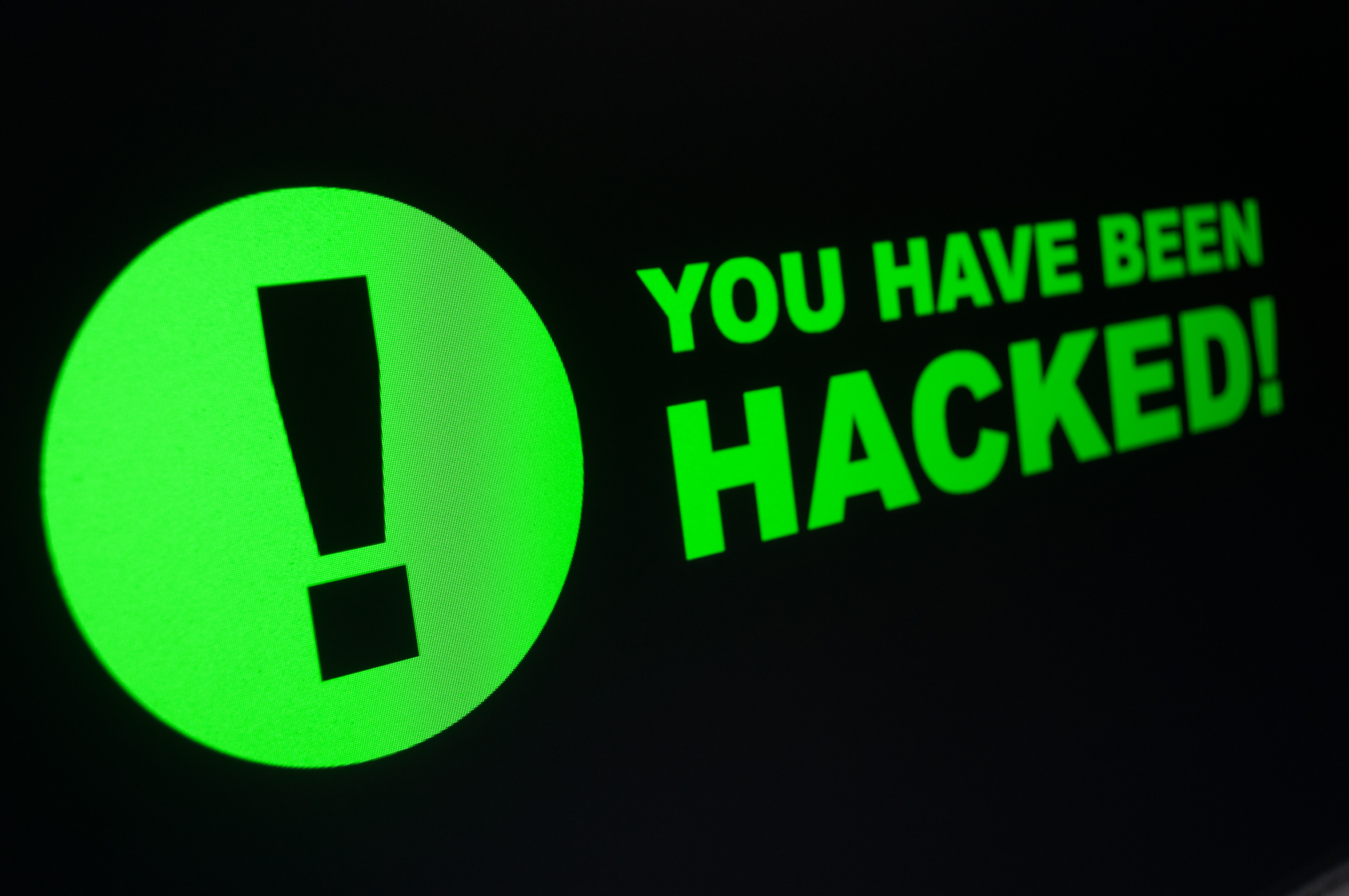
A teenage hacker who spends his time trying to find security flaws to help companies has revealed he could easily bypass PayPal's two-step authentication process to access user accounts.
Joshua Rogers, a 17-year-old Australian, says he would be able to hack PayPal's system by spoofing a browser cookie created when users link their eBay and PayPal accounts together - something that is encouraged by the online auction site.
When the cookie is active, the authentication is hacked. This means the accounts can be accessed if a hacker gets hold of a user's login details, without having to input the six-digit one-time authentication password sent to the user's registered mobile phone number.
It's a set-up many websites use to protect customers against hacking if someone uncovers website passwords.
Rogers reported the vulnerability to PayPal in June, but failed to receive a response from the online payment service, so he announce the flaw publicly on his blog.
He said in his announcement: "Once you're actually logged in, a cookie is set with your details, and you're redirected to a page to confirm the details of the process. And this is where the exploit lays. Now just load http://www.paypal.com/ and you are logged in and don't need to re-enter your login."
Commenting on the news, PayPal said in a statement that it is aware of the issue, but played down the risk it poses to users.
Sign up today and you will receive a free copy of our Future Focus 2025 report - the leading guidance on AI, cybersecurity and other IT challenges as per 700+ senior executives
"2FA is an extra layer of security some customers have chosen to add to their PayPal accounts. We are working to get the issue addressed as quickly as possible. It is important to clarify that 2FA provides extra assurance to keep accounts secure, however usernames and passwords are still required to gain access to all PayPal accounts," it reads.
"Customers who do not use the PayPal security key (physical card or SMS codes) as an additional step to log into their accounts are not impacted in any way. If you have chosen to add 2FA to your PayPal account, your account will continue to operate as usual on the vast majority of PayPal product experiences.
"We have extensive fraud and risk detection models and dedicated security teams who work to help keep our customers' accounts secure from fraudulent transactions, everyday. We apologise for any inconvenience caused to affected customers who use our 2FA process and we will continue to work hard to address this issue."
He told Australian security website CSO: "I don't care about the money, no. Money isn't everything in this world."
This story was published earlier today, before being updated at 13:45 to include PayPal's comments on the issue.

Clare is the founder of Blue Cactus Digital, a digital marketing company that helps ethical and sustainability-focused businesses grow their customer base.
Prior to becoming a marketer, Clare was a journalist, working at a range of mobile device-focused outlets including Know Your Mobile before moving into freelance life.
As a freelance writer, she drew on her expertise in mobility to write features and guides for ITPro, as well as regularly writing news stories on a wide range of topics.
-
 Hackers are using LLMs to generate malicious JavaScript in real time
Hackers are using LLMs to generate malicious JavaScript in real timeNews Defenders advised to use runtime behavioral analysis to detect and block malicious activity at the point of execution, directly within the browser
-
 Developers in India are "catching up fast" on AI-generated coding
Developers in India are "catching up fast" on AI-generated codingNews Developers in the United States are leading the world in AI coding practices, at least for now
-
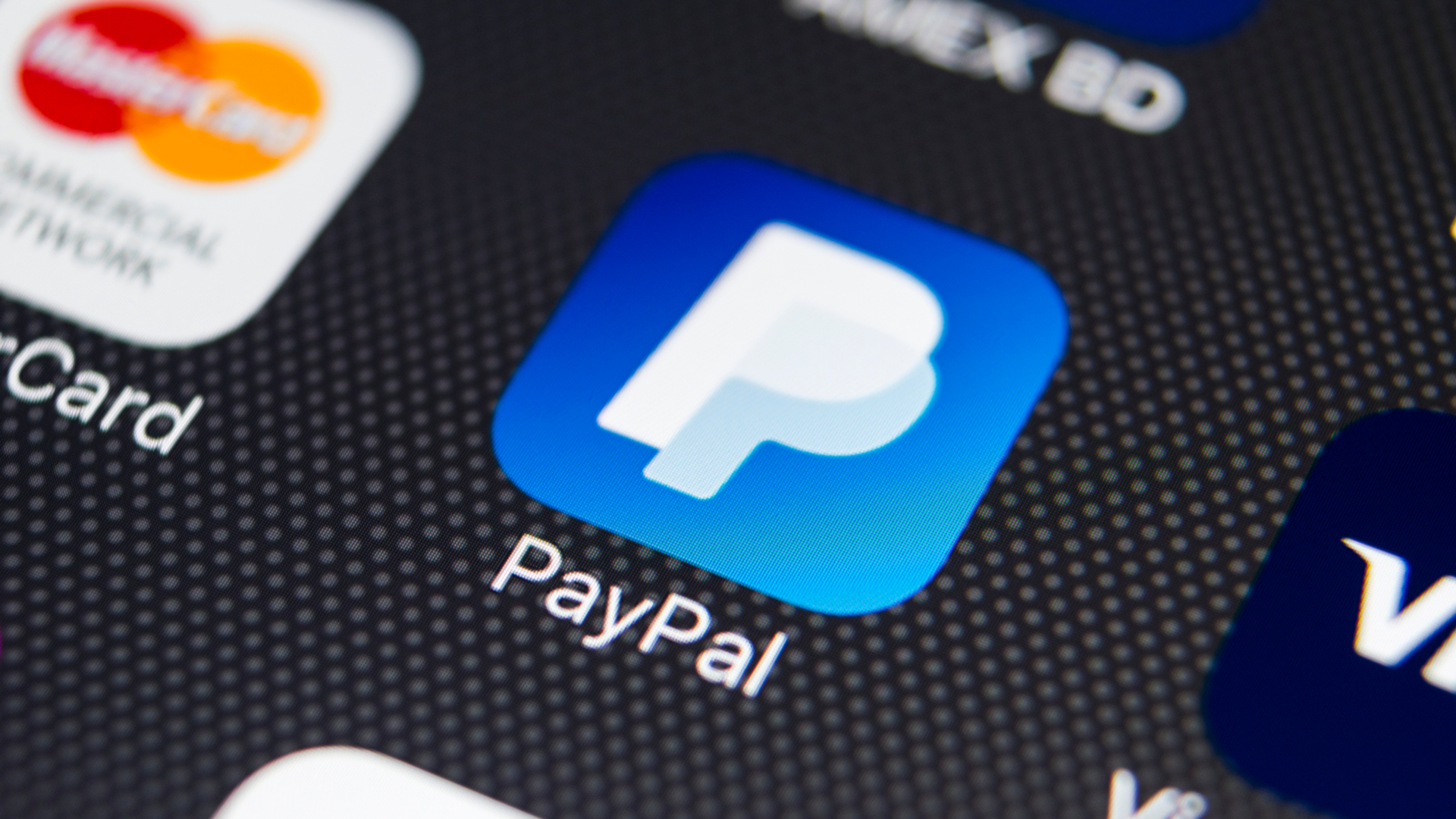 Hacked PayPal accounts tripled in value during pandemic
Hacked PayPal accounts tripled in value during pandemicNews But value of hacked credit cards decline, according to survey
-
 PayPal to put hate group funding under the microscope
PayPal to put hate group funding under the microscopeNews It will research how extremists are using payment platforms for funding
-
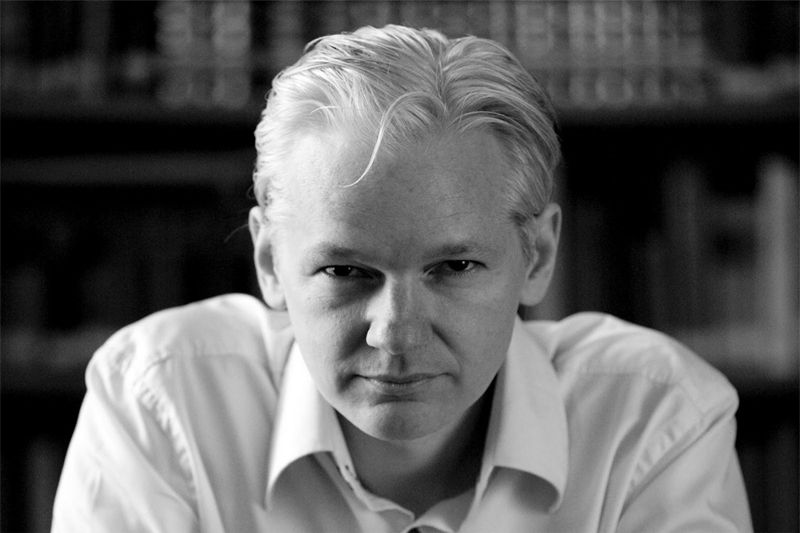 Pressure mounts on US justice department to drop Wikileaks investigation
Pressure mounts on US justice department to drop Wikileaks investigationNews Human rights organisations claim investigation could put all journalists at risk of prosecution
-
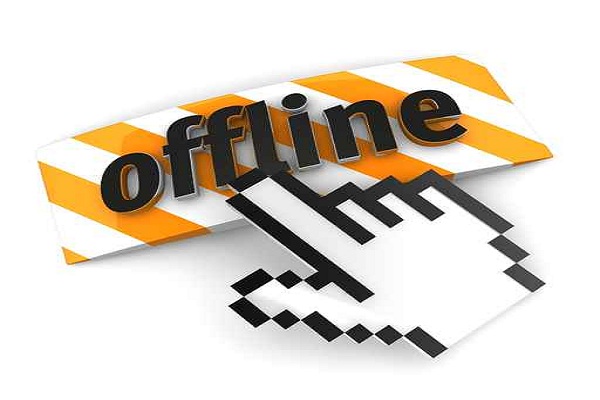 Anonymous hackers admit involvement in 2010 PayPal cyber attack
Anonymous hackers admit involvement in 2010 PayPal cyber attackNews Anonymous group members plead guilty to taking part in DDoS attack against PayPal.
-
 Anonymous DDoS attacks cost PayPal £3.5m, court hears
Anonymous DDoS attacks cost PayPal £3.5m, court hearsNews Northampton student pleads not guilty to charges relating to attacks on online payment portal.
-
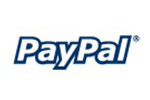 Anonymous, LulzSec go legal in PayPal war?
Anonymous, LulzSec go legal in PayPal war?News Anonymous and LulzSec claim success already in attempts to get people to ditch their PayPal accounts.
-
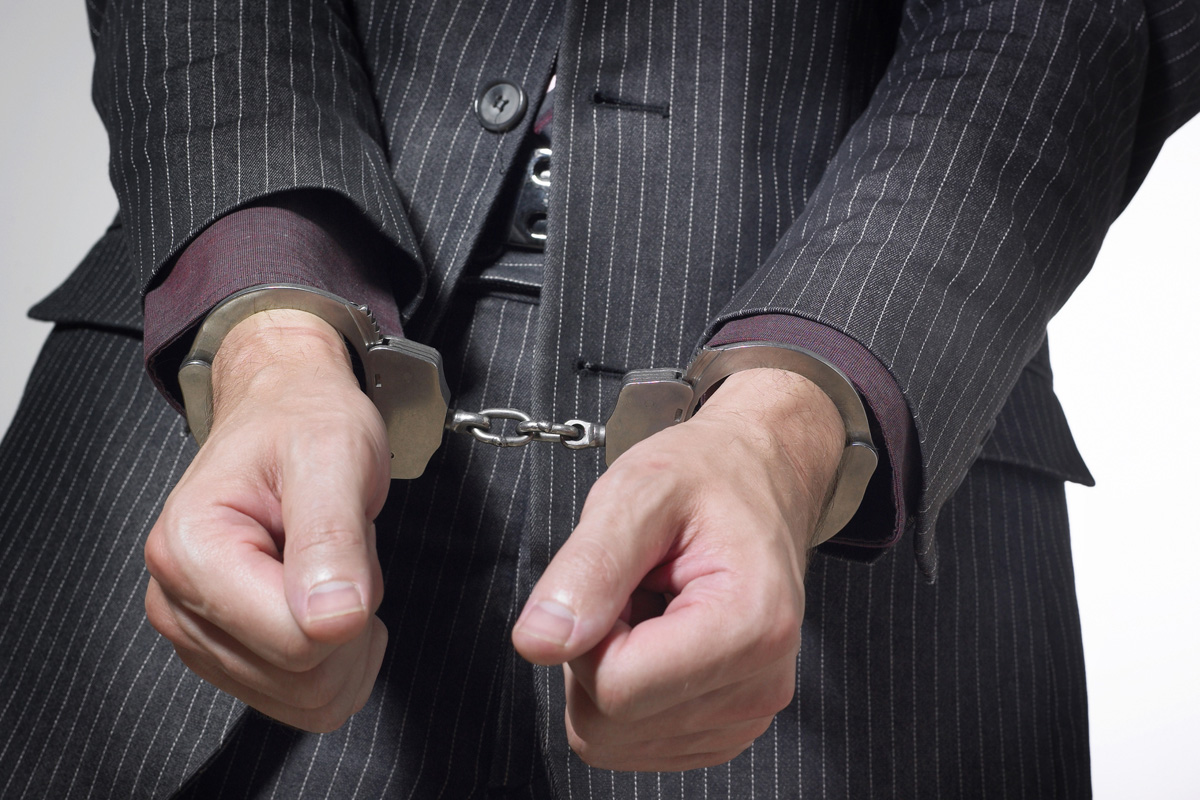 UK teen detained as FBI makes PayPal attack arrests
UK teen detained as FBI makes PayPal attack arrestsNews Anonymous is being hunted by police across the world, with 20 arrests made in relation to high profile cyber attacks.
-
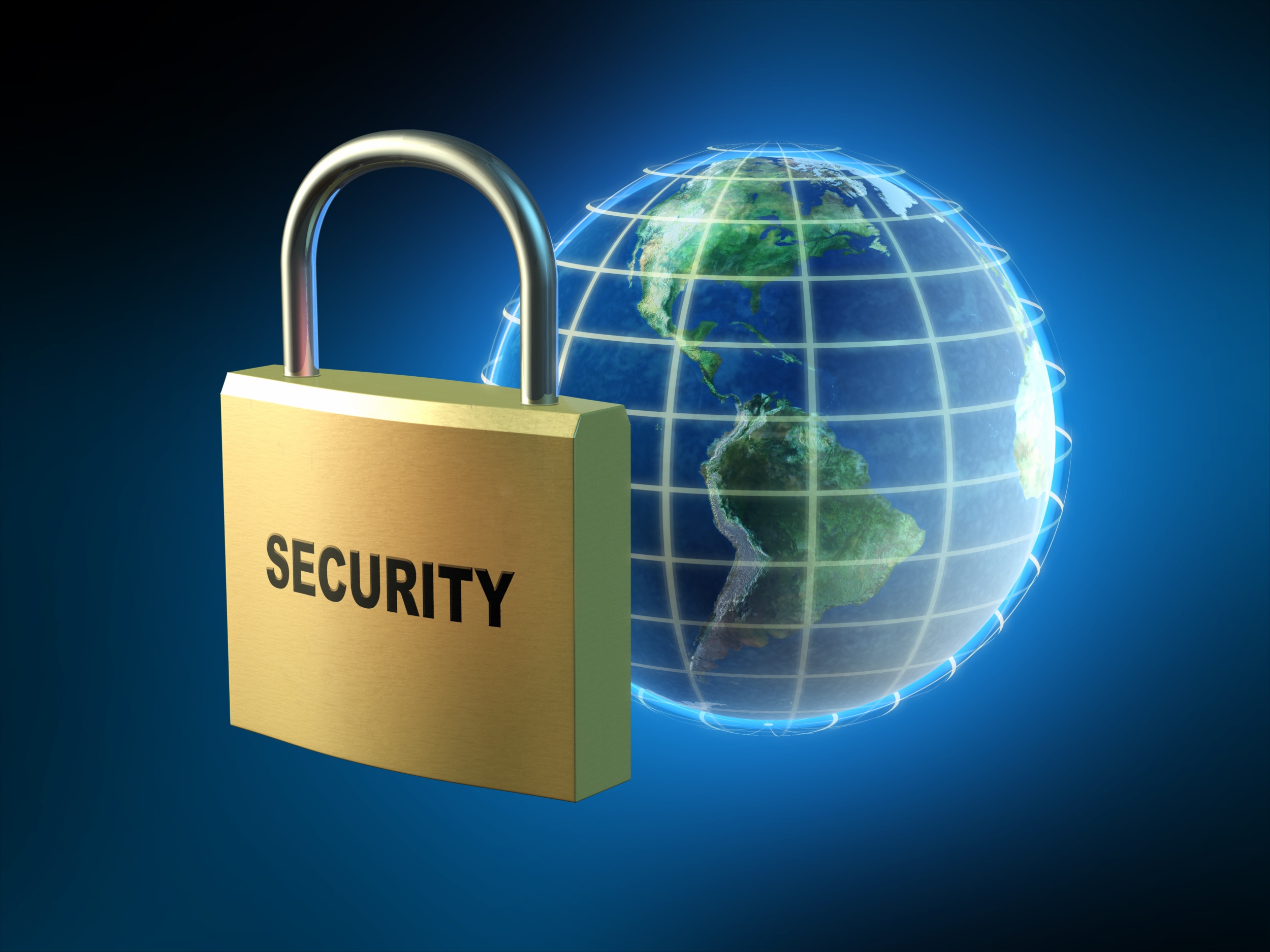 Website danger as hacker breaks SSL encryption
Website danger as hacker breaks SSL encryptionNews The Black Hat conference in the US shows that software can be used to steal information from sites you may think are secure.